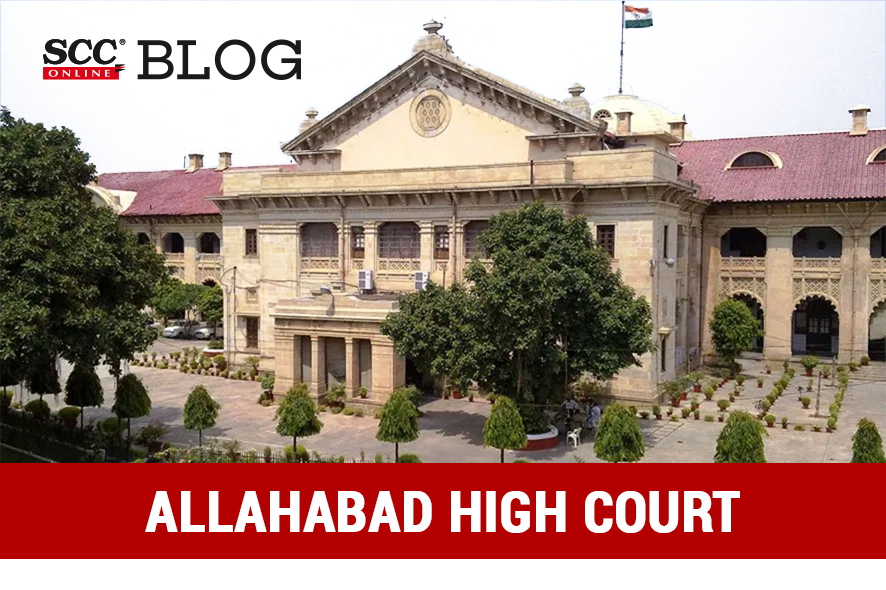Allahabad High Court: In an application filed under Section 482 of the Code of Criminal Procedure, 1973 (‘CrPC’) for quashing the entire proceedings for offences under Sections 419, 420, 467, 468, 471, 504, 506 of the Penal Code, 1860 (‘IPC’) and Section 3(1)(Da) and 3(1)(Dha) of Scheduled Castes and the Scheduled Tribes (Prevention of Atrocities) Act, 1989 (‘SC/ST Act’) including the charge sheet as well as cognizance order passed by learned Additional District Judge (Special Judge) SC/ST Act, Shekhar Kumar Yadav, J. has held that when a statutory remedy is created by enactment for redressal of grievances, the exercise of inherent power by way of a petition u/s 482 CrPC could not be invoked ignoring the statutory dispensation.
The State contended that the applicant/accused has a statutory alternative remedy of appeal challenging the cognizance/summoning order under Section 14-A of the SC/ST Act. It was submitted that the present petition is not maintainable in view of opening line of Section 14-A of the SC/ST Act, which is a statutory provision that starts with non obstante clause that notwithstanding anything contained in CrPC an appeal shall lie, from any judgment, sentence or order, not being an interlocutory order, of a Special Court or an Exclusive Special Court, to the High Court both on facts and on law.
Per contra, the accused submitted that the inherent power of the High Court under Section 482 CrPC cannot be ousted by Section 14-A of the SC/ST Act
The Court said that the exercise of inherent power of the High Court is an extraordinary power which has to be exercised with great care and circumspection. Further, after Perusal of Section 14-A of the SC/ST Act, the Court said that the legislative intent behind inserting non-obstante clause in any provision is to enforce overriding effect of that provision over any other provision or any other prevailing law. Thus, it was held that when a statutory remedy is created by enactment for redressal of grievances, the exercise of inherent power by way of a petition under Section 482 Cr.P.C. could not be invoked ignoring the statutory dispensation.
The Court further said that it is well settled that the inherent powers under Section 482 Cr.P.C. can be exercised only when no other remedy is available to the litigant and not where a specific remedy is provided by any statute. If an effective statutory alternative remedy is available, the Courts should refrain from exercising its extraordinary power under Section 482 CrPC., especially when the accused has not availed of that remedy.
Placing reliance on Madhu Limaye v. State of Maharashtra, (1977) 4 SCC 551 and State of Haryana v. Bhajan Lal, 1992 Supp (1) SCC 335, wherein principles governing the exercise of inherent jurisdiction of the High Court were laid down, the Court disposed of the instant application and directed the accused to avail the remedy of appeal available to him under the Statute before the appropriate forum.
[Sushil Kumar Singh v State of U.P, 2023 SCC OnLine All 105, decided on 22-03-2023]
Advocates who appeared in this case :
Counsel for Applicant/Accused: Advocate Sugendra Kumar Yadav, Advocate Dilendra Pratap Singh;
Counsel for Opposite Party: Government Advocate.







